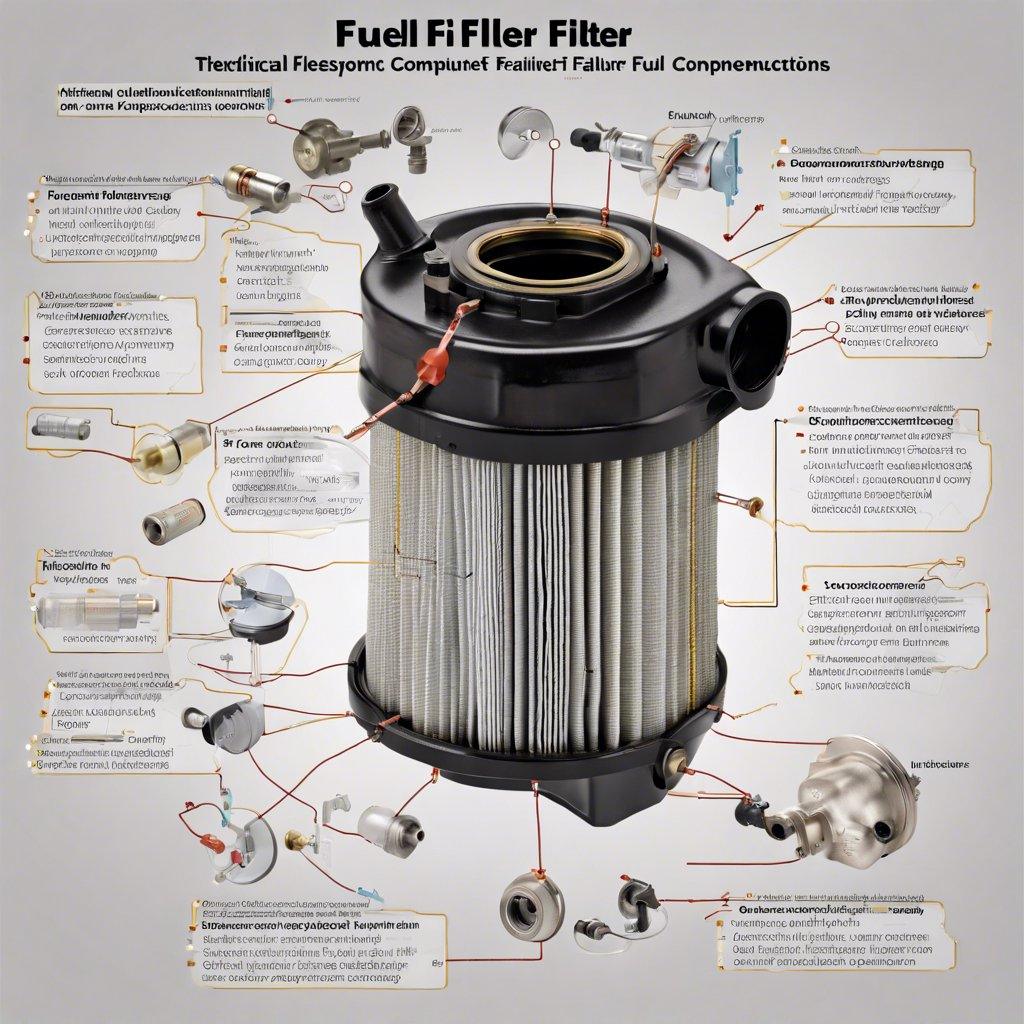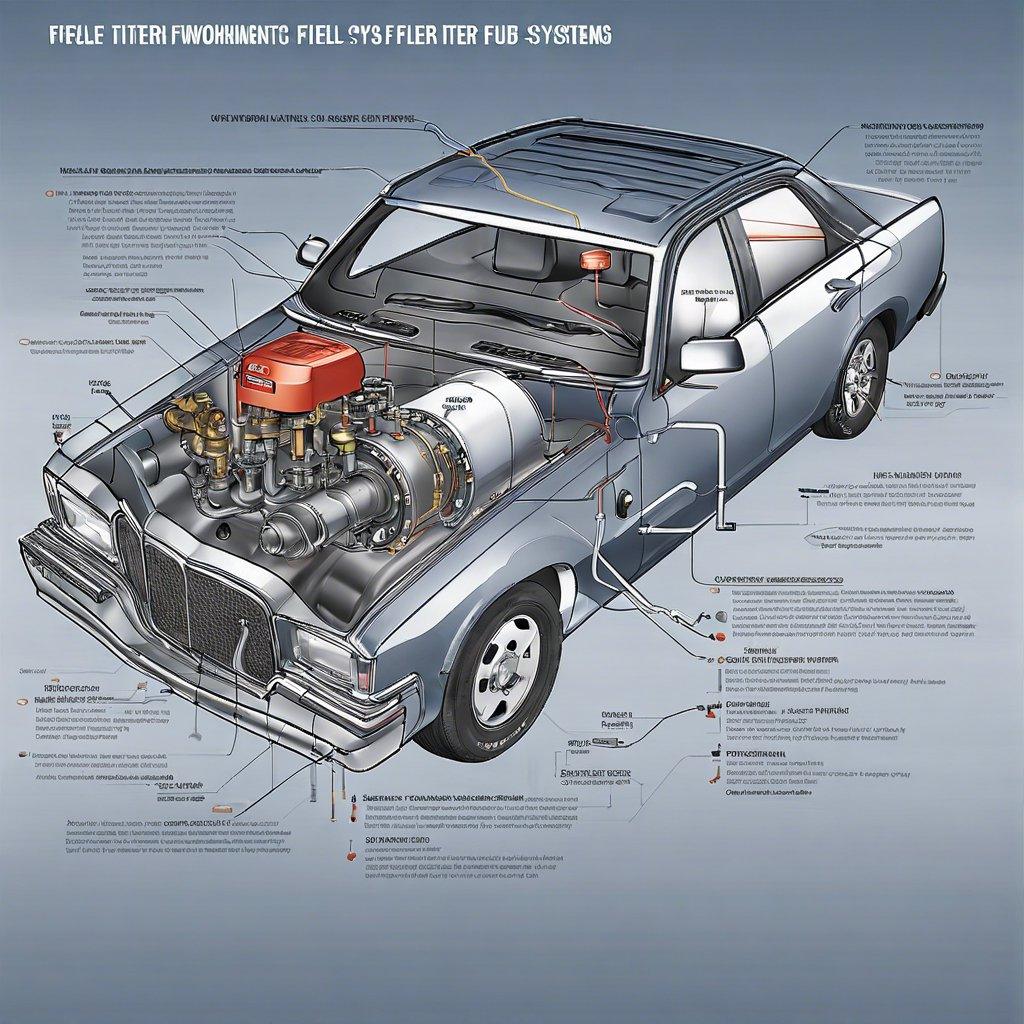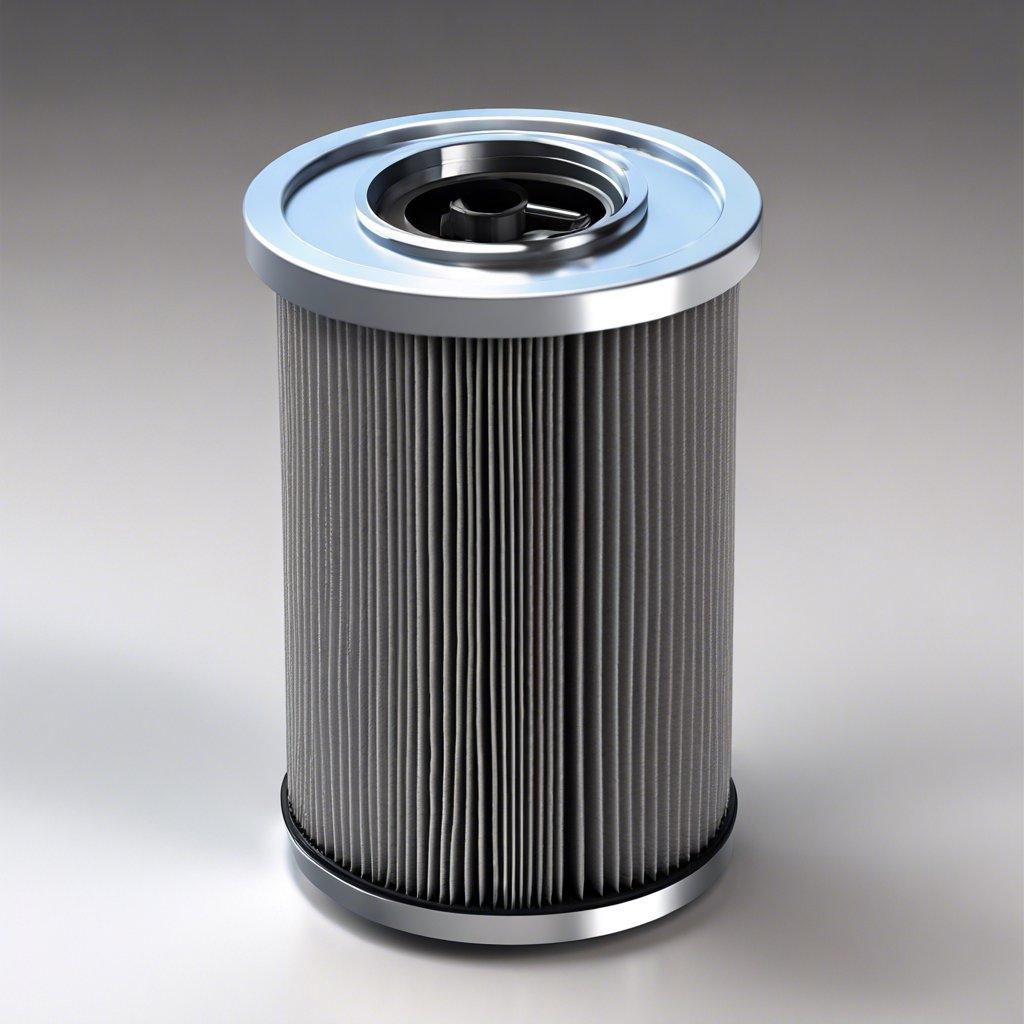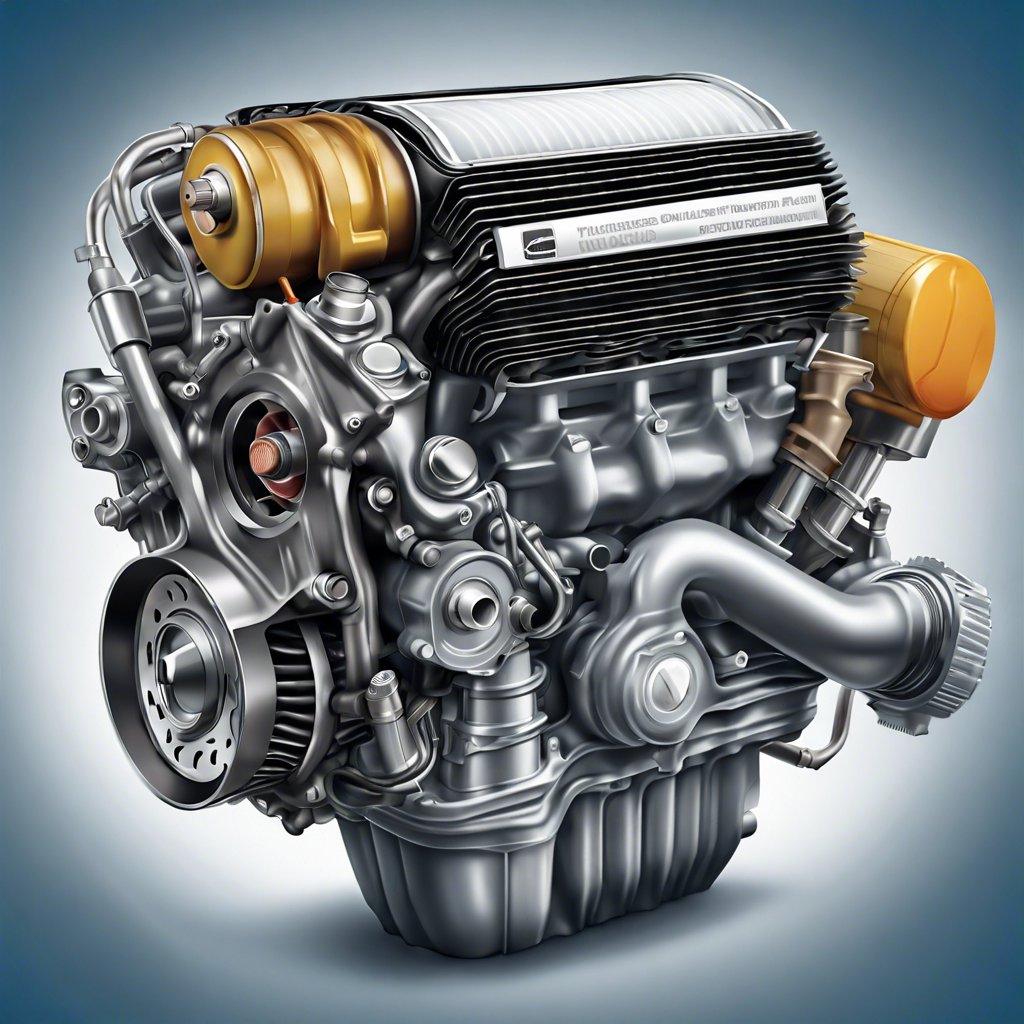Distinguishing Between Fuel Filter Issues and Other Engine Problems
Pinpointing Fuel Filter Malfunctions: A Diagnostic Approach

As an engineering or technology professional, accurately diagnosing engine problems is a crucial skill. One common issue that can arise is fuel filter malfunction, which can have significant consequences if left unaddressed. This article will guide you through a step-by-step diagnostic approach to pinpoint fuel filter issues and differentiate them from other engine problems.
Understanding the Role of the Fuel Filter
The fuel filter is a critical component in the engine’s fuel system, responsible for removing contaminants and impurities from the fuel before it reaches the engine. A malfunctioning fuel filter can lead to a range of problems, including reduced engine performance, decreased fuel efficiency, and even engine damage.
Symptoms of Fuel Filter Failure
Identifying the symptoms of a failing fuel filter is the first step in the diagnostic process. Common indicators include:
- Reduced Engine Power: A clogged fuel filter can restrict fuel flow, resulting in a noticeable decrease in engine power and acceleration.
- Difficulty Starting the Engine: A blocked fuel filter can make it challenging to start the engine, especially when the engine is warm.
- Decreased Fuel Efficiency: A malfunctioning fuel filter can cause the engine to consume more fuel, leading to reduced fuel efficiency.
- Stalling or Hesitation: A clogged fuel filter can cause the engine to stall or hesitate during operation.
Diagnosing Fuel Filter Issues
To accurately diagnose a fuel filter issue, follow these steps:
| Step | Action |
|---|---|
| 1 | Visually inspect the fuel filter for signs of damage or clogging. |
| 2 | Check the fuel pressure at the fuel rail or injection system to determine if the filter is restricting fuel flow. |
| 3 | Perform a fuel system pressure test to identify any leaks or other issues that may be contributing to the problem. |
| 4 | Consider other potential causes, such as fuel pump failure or engine sensor malfunctions, to rule out other issues. |
Addressing Fuel Filter Malfunctions
If the diagnostic process confirms a fuel filter issue, the next step is to replace the filter. Be sure to use a high-quality replacement filter and follow the manufacturer’s recommended replacement interval to prevent future problems.
Accurately diagnosing and addressing fuel filter malfunctions is essential for maintaining the optimal performance and longevity of your engine. By following the steps outlined in this article, you can effectively pinpoint fuel filter issues and differentiate them from other engine problems, ensuring your machinery operates at peak efficiency.
Decoding Engine Distress: Differentiating Fuel Filter Woes from Other Issues
Identifying Fuel Filter Problems
A malfunctioning fuel filter can cause a range of engine issues, from poor performance to complete shutdown. Symptoms of a clogged or faulty fuel filter include:
- Difficulty starting the engine
- Reduced engine power and acceleration
- Stalling or sputtering during operation
- Decreased fuel efficiency
Ruling Out Other Engine Problems
While a fuel filter issue can be a common culprit, it’s essential to rule out other potential engine problems that may present similar symptoms. These can include:
- Faulty fuel pump
- Clogged fuel injectors
- Ignition system issues
- Electrical system malfunctions
Diagnostic Techniques
To accurately identify the root cause of engine distress, a comprehensive diagnostic approach is required. This may involve:
- Visual inspection of the fuel filter and fuel system components
- Pressure and flow testing of the fuel system
- Electrical testing of fuel system components
- Engine performance analysis using diagnostic tools
Preventive Maintenance
Regularly replacing the fuel filter is crucial to maintaining engine health and preventing costly repairs. The recommended replacement interval may vary based on the vehicle’s make, model, and driving conditions. By staying vigilant and addressing fuel filter issues promptly, you can help ensure optimal engine performance and reliability.
| Symptom | Potential Cause |
|---|---|
| Difficulty starting the engine | Clogged fuel filter, faulty fuel pump, or electrical system issues |
| Reduced engine power and acceleration | Clogged fuel filter, fuel injector problems, or ignition system malfunctions |
| Stalling or sputtering during operation | Clogged fuel filter, fuel system leaks, or engine sensor failures |
| Decreased fuel efficiency | Clogged fuel filter, faulty fuel injectors, or engine tuning issues |
Fuel Filter Troubleshooting: Unveiling the Hidden Culprits of Engine Woes
The fuel filter is a critical component in your vehicle’s engine, responsible for removing impurities and contaminants from the fuel before it reaches the fuel injectors or carburetor. A clogged or malfunctioning fuel filter can lead to a range of engine problems, including decreased performance, reduced fuel efficiency, and even engine failure.
Symptoms of a Failing Fuel Filter
Identifying the signs of a failing fuel filter is the first step in proper troubleshooting. Some common symptoms include:
- Reduced engine power or acceleration
- Stalling or difficulty starting the engine
- Decreased fuel efficiency
- Sudden engine shutoff or misfiring
Ruling Out Other Engine Issues
While a clogged fuel filter is a common culprit, it’s essential to rule out other potential engine problems. This can be done through a thorough inspection and diagnostic testing, including:
| Potential Issue | Diagnostic Approach |
|---|---|
| Fuel pump failure | Check for adequate fuel pressure and flow |
| Fuel injector problems | Conduct a fuel injector test or replacement |
| Electrical system issues | Inspect wiring, connections, and engine control unit |
Fuel Filter Replacement and Maintenance
If the fuel filter is identified as the root cause of the engine issues, it’s crucial to replace it with a high-quality, compatible filter. Follow the manufacturer’s recommendations for the replacement interval, as neglecting fuel filter maintenance can lead to further problems down the line.




Post Comment